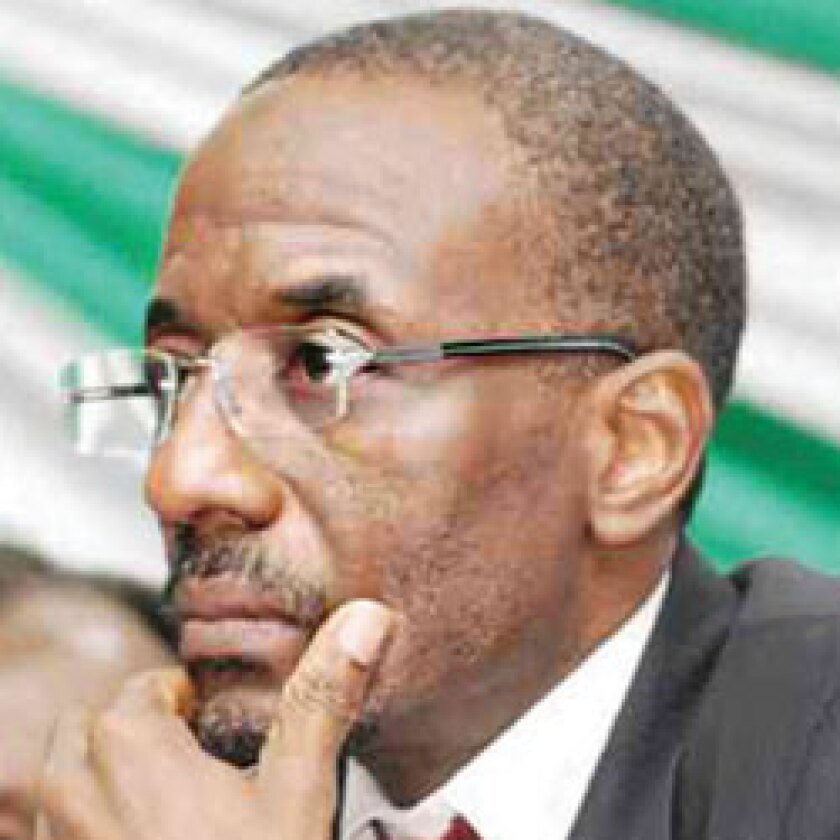The rigour with which Nigeria’s central bank has tackled its banking crisis is testament to the determination of its governor
It is somewhat ironic that Sanusi Lamido Sanusi’s radical – and hard line – reforms of Nigeria’s banking system have earned him the approval of even western regulators and politicians, many of whom have fallen short in their own efforts to rein in their countries’ financial excesses.
On this point, Nigeria’s central bank governor is forthright: “I don’t understand this obsession that banks can’t bear the cost; they made a profit in the good years,” he says. Rather than foisting the cost on taxpayers, around 80% of his $4 billion bank bailout package will be shouldered by the banks themselves.
In August, he ordered the recapitalization of the last three bankrupt banks, in what he hopes will draw a line under the country’s banking crisis – the handling of which he says has been his biggest achievement in a busy year. “All the banks are about to be fully recapitalized; we can put the crisis behind us, and depositors have not lost any funds,” he says.
Beyond banking reforms, he has continued to act boldly and decisively on the policy front over the past 12 months, meriting his status as Emerging Markets’ Central Bank Governor of the Year for the second successive year.
His steady tightening of interest rates by 100bp to ease pressure on the naira and tame inflation at 9%, despite calls from banks and businesses to keep rates down, came as an initial surprise to market analysts but appears to be bearing fruit. Inflation slowed to 9.3% in August with little sign of a simultaneous slowdown in growth. “We tightened earlier than other African countries, and recognizing this challenge earlier has helped us,” says Sanusi.
His outspoken criticism of Nigeria’s runaway recurrent expenditure and fiscal largesse, as well as his calls for better use of oil revenue, have drawn respect from the investment community for his persistent determination to ask the government difficult questions.
“The central bank is asking for greater transparency on oil sales; we don’t see a strong enough correlation between the increase in oil prices and increased oil output and inflows into the account,” he says.
In June, he lifted the one-year minimum holding requirement on government bonds, ending a policy that had deterred foreign investors that wanted the ability to exit their naira exposure. “It discouraged investment,” he says. “If you really want investment you have got to address their concerns about taking money out. If investors want to flee to safety, they have to be able to.”
Now he is busy championing investment in Nigeria’s decrepit power sector, with plans to unlock N400 billion ($2.7 billion) of pension assets, which he hopes will lure foreign investment into the sector. In a bid to get local banks to lend more to cash-starved farmers and manufacturers, the central bank is also targeting structural bottlenecks such as infrastructure and storage to make these sectors commercially viable.
His radical approach has attracted a degree of criticism at home. However, he robustly defends extending the central bank’s remit beyond its natural boundaries. “There is a clause in the central bank’s remit that specifies that it is allowed to contribute to development,” he says. “In Nigeria we are still trying to get things to work.”
